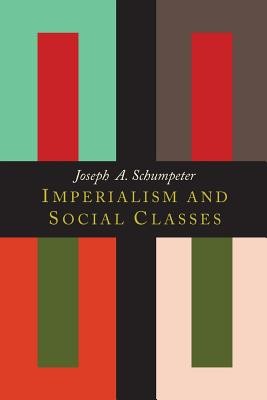
- We will send in 10–14 business days.
- Author: Joseph Alois Schumpeter
- Publisher: Martino Fine Books
- Year: 2014
- Pages: 248
- ISBN-10: 1614275742
- ISBN-13: 9781614275749
- Format: 15.2 x 22.9 x 1.4 cm, minkšti viršeliai
- Language: English
- SAVE -10% with code: EXTRA
Reviews
Description
2014 Reprint of 1951 Edition. Full facsimile of the original edition, not reproduced with Optical Recognition Software. Joseph Schumpeter was not a member of the Austrian School, but he was an enormously creative classical liberal, and this 1919 book shows him at his best. He presents a theory of how states become empires and applies his insight to explaining many historical episodes. His account of the foreign policy of Imperial Rome reads like a critique of the US today. The second essay examines class mobility and political dynamics within a capitalistic society. Overall, a very important contribution to the literature of political economy.
EXTRA 10 % discount with code: EXTRA
The promotion ends in 23d.17:17:52
The discount code is valid when purchasing from 10 €. Discounts do not stack.
- Author: Joseph Alois Schumpeter
- Publisher: Martino Fine Books
- Year: 2014
- Pages: 248
- ISBN-10: 1614275742
- ISBN-13: 9781614275749
- Format: 15.2 x 22.9 x 1.4 cm, minkšti viršeliai
- Language: English English
2014 Reprint of 1951 Edition. Full facsimile of the original edition, not reproduced with Optical Recognition Software. Joseph Schumpeter was not a member of the Austrian School, but he was an enormously creative classical liberal, and this 1919 book shows him at his best. He presents a theory of how states become empires and applies his insight to explaining many historical episodes. His account of the foreign policy of Imperial Rome reads like a critique of the US today. The second essay examines class mobility and political dynamics within a capitalistic society. Overall, a very important contribution to the literature of political economy.


Reviews